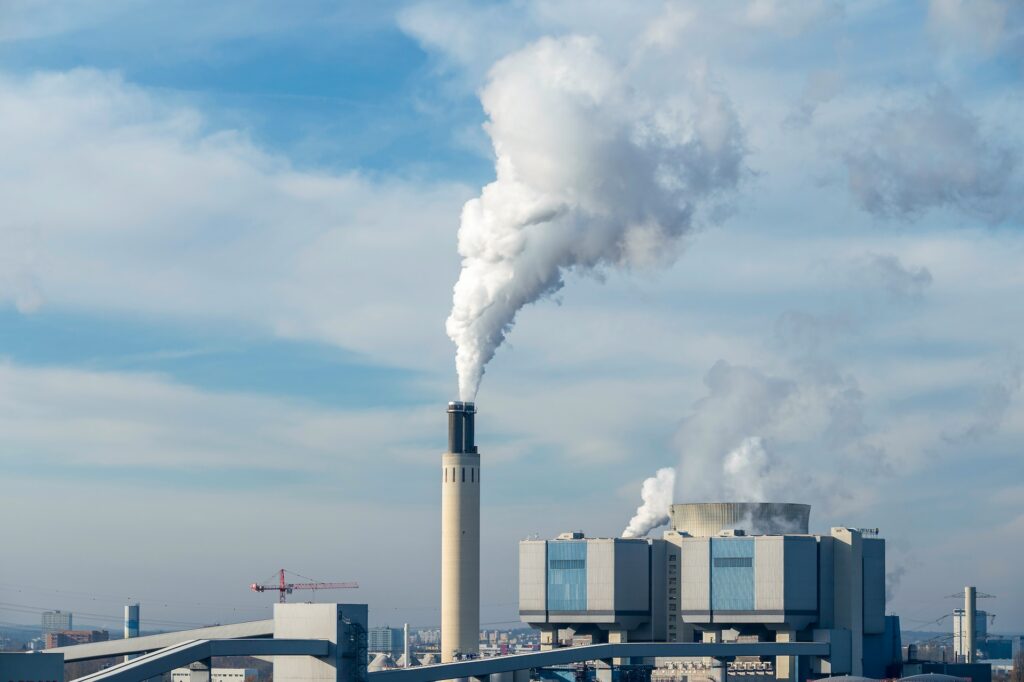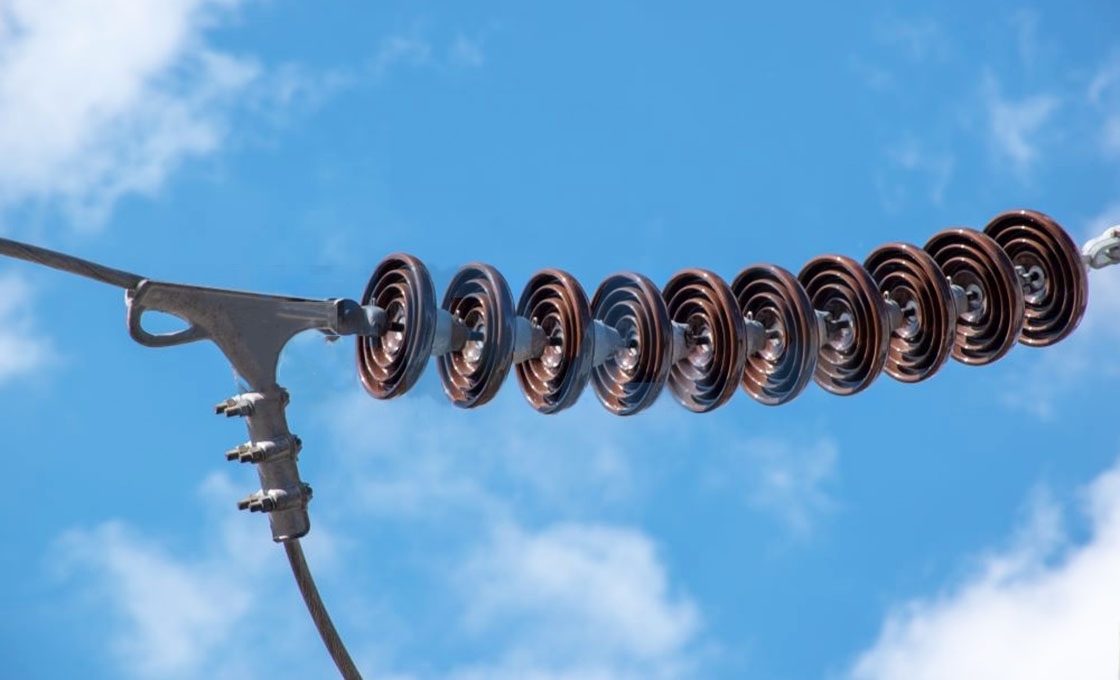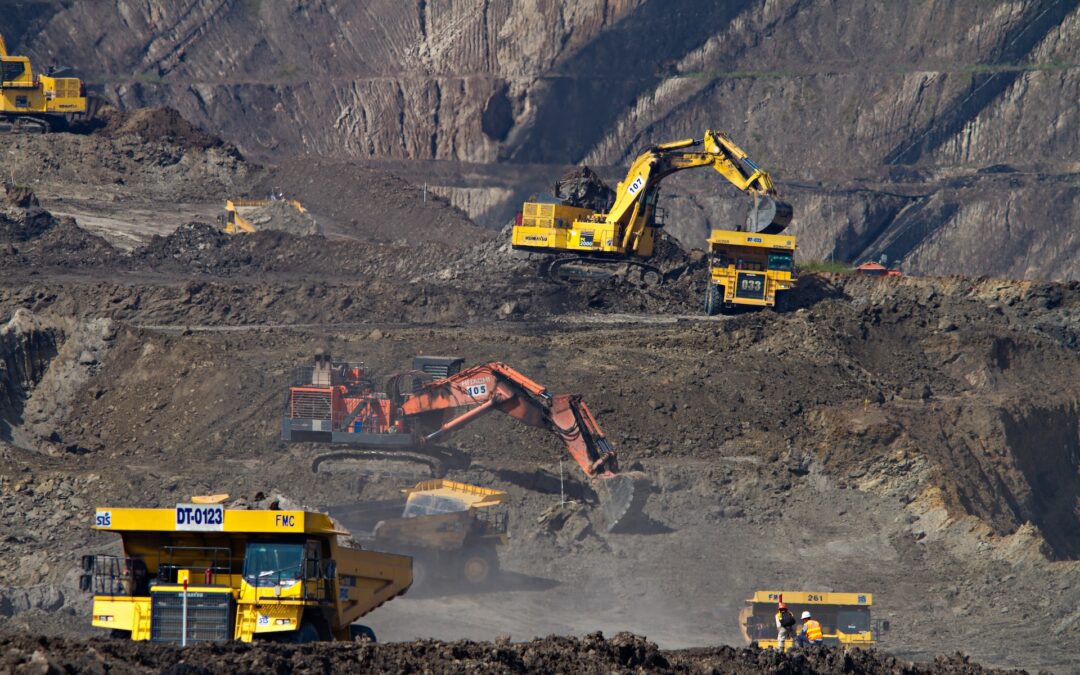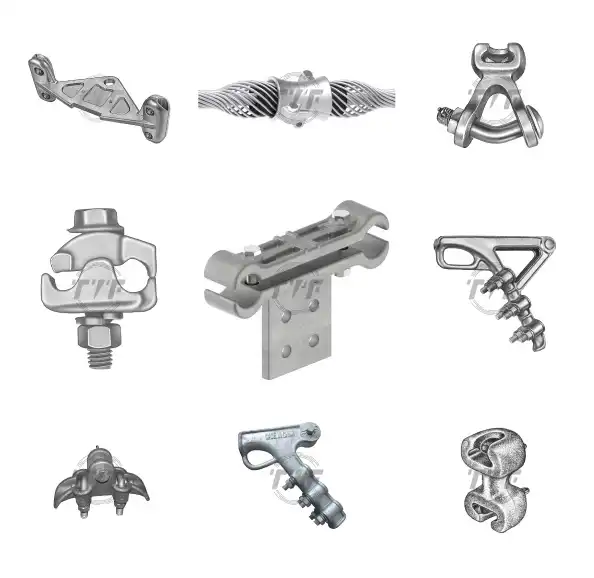Indonesia is one of the world’s largest emitters of greenhouse gases, and coal power plants are a major contributor to these emissions. Carbon trading mechanisms can help Indonesia to reduce its emissions from coal power plants by creating a market for carbon credits.
Carbon credits are tradable certificates that represent the right to emit a certain amount of greenhouse gases. They can be generated by entities that reduce their emissions below a certain level, or they can be purchased from other entities that have surplus credits.
Under a carbon trading system, coal power plants that emit more greenhouse gases than their allocated limit can purchase carbon credits from entities that have emitted less. This creates an incentive for coal power plants to reduce their emissions, as they can avoid paying for carbon credits.
Indonesia has already taken some steps to implement a carbon trading system for coal power plants. In 2023, the government launched a pilot program for carbon trading in the power sector. The program covers 99 coal-fired power plants that account for 81.4% of the country’s power generation capacity.
The government plans to expand the carbon trading program to cover all coal-fired power plants in Indonesia by 2028. This would be a major step forward in Indonesia’s efforts to reduce its emissions and combat climate change.
A suspension insulator is one of the electrical insulators used on overhead transmission lines and telecommunication lines. Suspension insulators are vital to use to ensure the stability and proper functioning of the overhead cables.
The benefits of carbon trading for Indonesia

- Reduced emissions: Carbon trading can help Indonesia to meet its emissions reduction targets. It can also contribute to global climate change efforts.
- Economic opportunities: The sale of carbon credits generated through emissions reduction projects can generate revenue and attract investment. This can help to create jobs and boost the economy.
- Access to international funding: Indonesia can access financial support from international donors, organizations, and carbon buyers. This can be used to fund emissions reduction projects and sustainable development initiatives.
- Technological advancements: Carbon trading can encourage the adoption of cleaner and more efficient technologies. This can lead to technological advancements and innovation that can improve Indonesia’s overall competitiveness and reduce its environmental footprint.
- Improved energy efficiency: Carbon trading can incentivize energy efficiency improvements in industries and power plants. This can contribute to energy security and lower operating costs for businesses.
- Resilience to climate change: Reduced greenhouse gas emissions can help Indonesia to become more resilient to the impacts of climate change, such as sea level rise and extreme weather events.
The challenges of carbon trading mechanism
The carbon trading mechanism is still in its early stages, and there are a number of challenges that need to be addressed. These include:
- Lack of a comprehensive regulatory framework: Indonesia does not yet have a comprehensive regulatory framework for carbon trading. This makes it difficult for businesses to operate in the carbon market.
- Complex land tenure and property rights: The ownership of land in Indonesia is often complex and contested. This can make it difficult to implement carbon trading projects.
- Measurement, reporting, and verification: It is important to accurately measure, report, and verify emissions reductions and carbon credits. This can be a challenge, as it requires technical expertise and resources.
- Deforestation pressures: Deforestation is a major source of greenhouse gas emissions in Indonesia. The carbon trading mechanism needs to be designed in a way that does not incentivize deforestation.
- Land-use planning and zoning: Land-use planning and zoning can help to direct development away from high-carbon ecosystems. This is important for the success of the carbon trading mechanism.
- Access to finance: Small-scale carbon trading projects may have difficulty accessing finance. This is a barrier to the widespread adoption of carbon trading.
- Technological challenges: Some carbon trading projects, such as carbon capture and storage, require new technologies. These technologies are often expensive and not yet widely available.
The future of carbon trading in Indonesia
The future of carbon trading in Indonesia will depend on a number of factors, including the government’s commitment to climate action, the development of the domestic carbon market, and the availability of international funding.
If the government is committed to climate action, it will need to put in place strong policies to support carbon trading. This could include setting a clear price on carbon emissions, providing financial incentives for emissions reduction projects, and developing a robust monitoring and verification system.
The development of the domestic carbon market will also be important. This will require the participation of a wide range of stakeholders, including coal power plants, renewable energy developers, and financial institutions.
Conclusion
Finally, the availability of international funding will also be important. This could be used to support emissions reduction projects and to help Indonesia to build its capacity to implement carbon trading.
Overall, carbon trading can offer a number of benefits for Indonesia. However, its success will depend on a number of factors. The government will need to put in place strong policies to support carbon trading, and there will need to be a strong commitment from all stakeholders.
It is a complex and challenging undertaking, but it has the potential to be a major tool for reducing greenhouse gas emissions and meeting Indonesia’s climate change goals.
FAQs
Reduced greenhouse gas emissions
Economic opportunities
Technological advancements
Improved environmental quality
The future of carbon trading for coal power plants in Indonesia is uncertain. The success of the mechanism will depend on the government’s ability to address the challenges and the willingness of businesses to participate. However, the potential benefits of carbon trading are significant, and Indonesia could be a leader in the development of this market.
Suspension insulators are devices used to support transmission lines on steel towers and isolate the lines from the tower.


